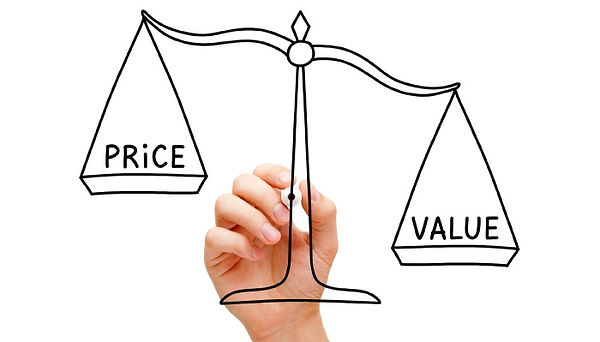Resources to resolve debt
If you're facing an overwhelming amount of debt, you're not alone. Half of American families are living paycheck to paycheck and are unprepared for a financial emergency. One illness or change to income can push you to the brink of financial ruin.
It's important that you prioritize paying off debt so that, should an emergency happen, you have disposable income that can be used to keep your family afloat. That being said, there is good news. There are many options available to consumers to relieve the burden of debt. Here, we outline 5 of the most common strategies for resolving debt so that you can determine what is the best choice for your situation. With each option, it's important to evaluate your unique situation and remember that results vary.

Strategy
Pros
Cons
Self payment
Through budgeting and discipline, and the use of tools, you can start making the necessary payments to repay your debt.
-
No additional costs
-
No credit impact
-
You're in charge
-
Requires time and discipline
-
Repay full amount plus interest
Credit counseling
A counselor will review your situation, help you budget, attempt to lower interest rates and create a management repayment plan.
-
Single monthly payment
-
Pay less interest and fees
-
Help budgeting
-
Accounts are closed
-
Shows on credit report
-
Balances not reduced
Debt consolidation
Consolidate your debt into one loan to pay off all of your debt, ideally with a lower interest rate and affordable monthly payment.
-
Single monthly payment
-
Generally better interest
-
Requires good credit
-
Repay full amount plus interest
Our Specialty!
Debt settlement
Make a single monthly payment for a predetermined term. A company then negotiates with your creditors to settle for less. The settlement and fees are paid with the funds from your monthly payments.
-
One low monthly payment
-
Spend less time in debt
-
Significant savings
-
Reduces the amount owed and required to pay.
-
Increased collection activity
-
Negative affect on credit
-
Settlement results vary
-
Possibility of being sued.
-
Increase in amounts owed due to interest and fees.
Bankruptcy
A legal process to relieve you of your debt obligations. Chapter 7 and Chapter 13 most common bankruptcy types used by consumers.
-
Creditors cannot attempt to collect.
-
Generally a quick process
-
Debt is no longer owed.
-
Can be difficult to qualify
-
No longer able to use accounts
-
Long term damage to credit
Interested in reading more about these options? Learn more here!